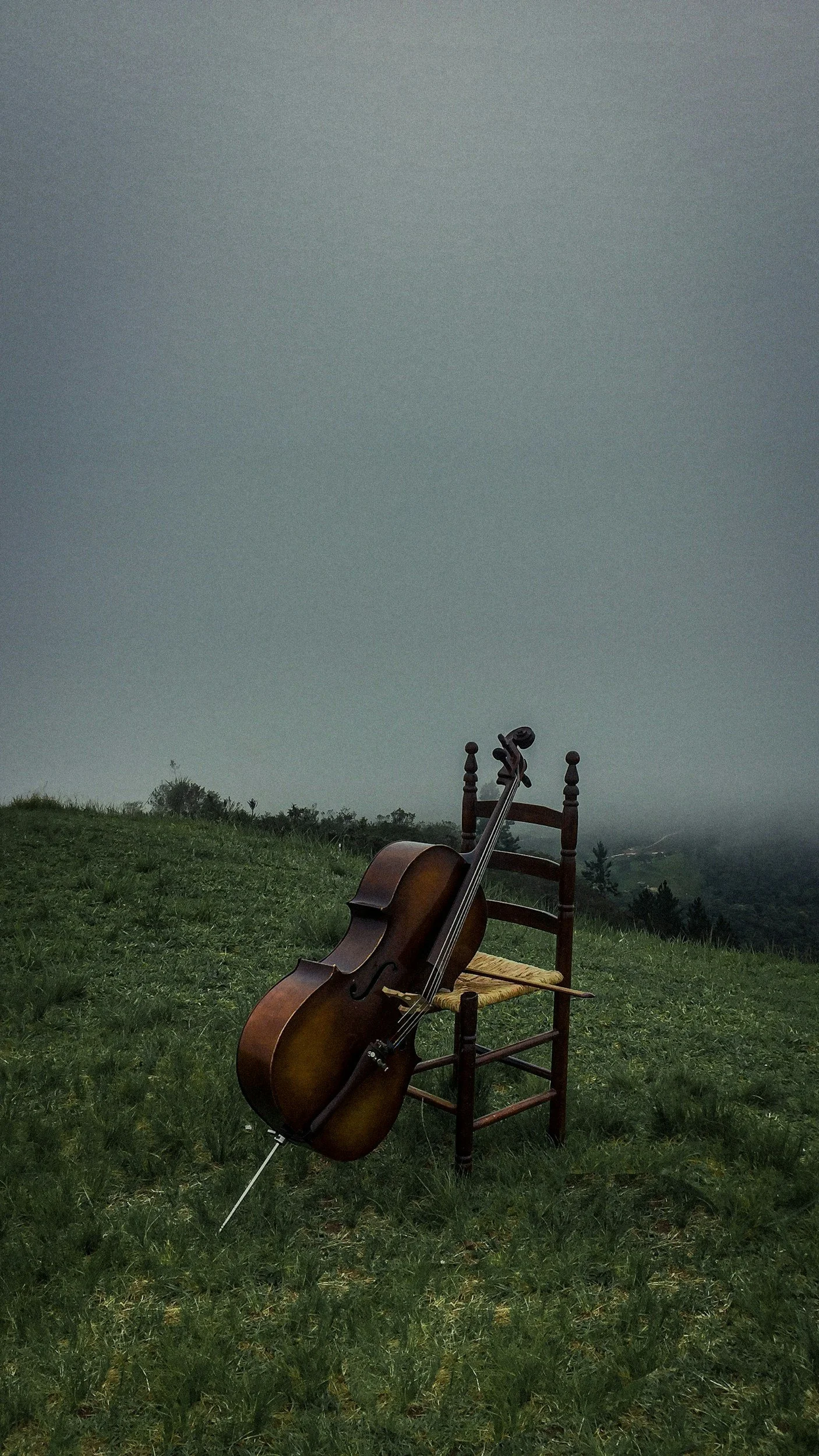Life Through The Lens Of Film
Delving into the artistry and emotions of films, I share my personal thoughts and deep dives into the world of cinema. Join me as we uncover the magic that makes each movie a work of art! In addition to film reviews and analysis, I’ll also share my own short films/filmmaking videos, offering insight into how they came to life and the creative process behind them.

Follow me on social